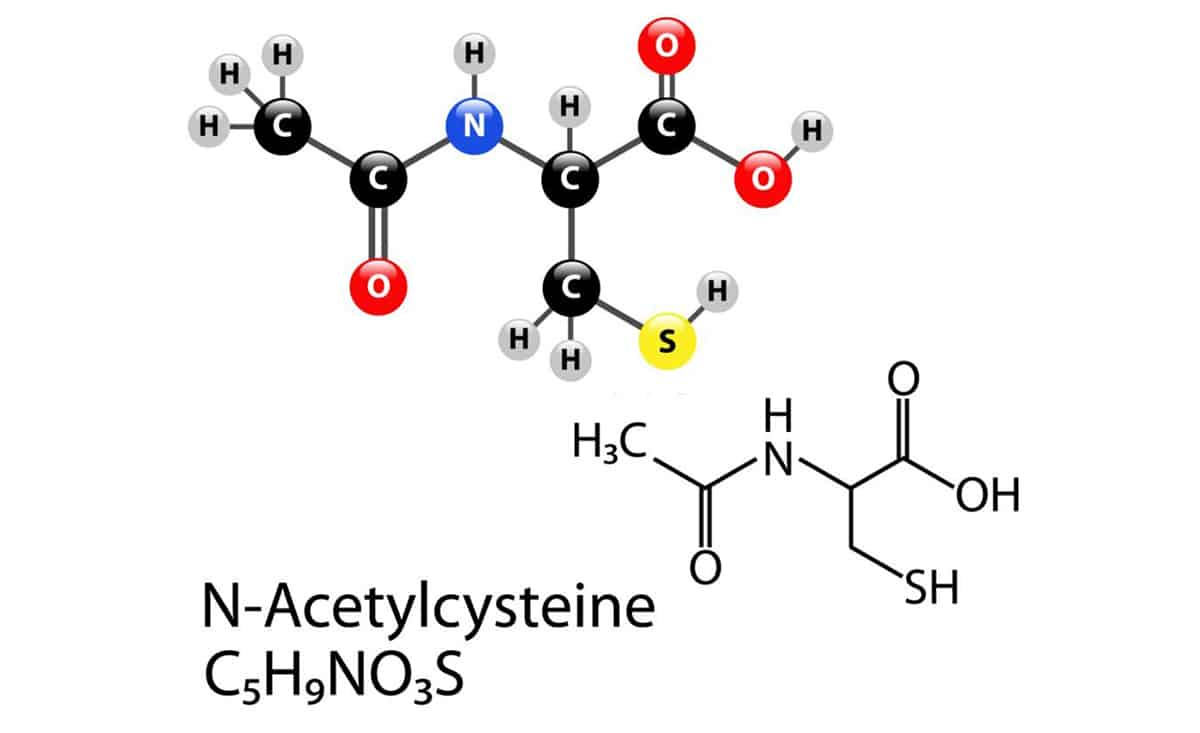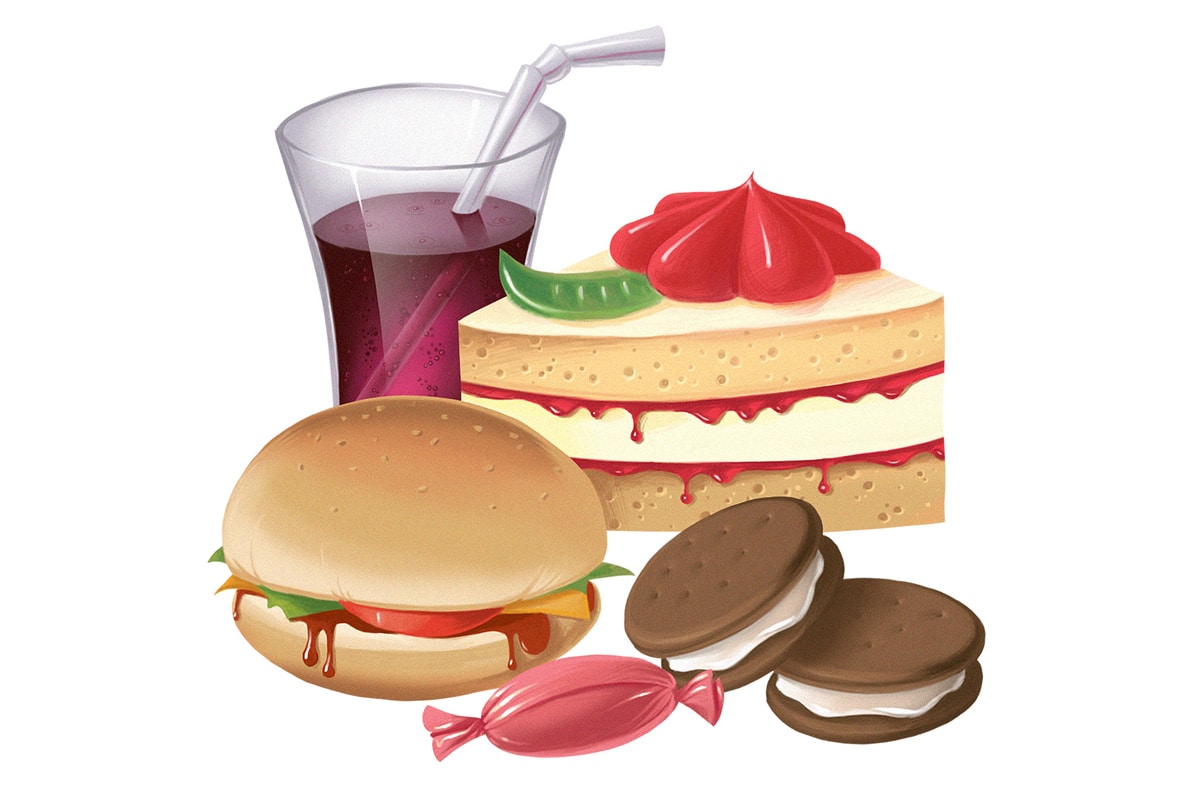
When they go Paleo, a lot of people struggle with really bad cravings and/or an almost compulsive desire to eat particular foods (very often sugar).
There are tons of potential biological reasons for cravings. Maybe you’re not eating enough food, or maybe you’re on a low-carb or low-salt diet when that just doesn’t work for your particular body. Maybe you’re stressed, bored, sleep-deprived, or lonely. In all those cases, the solution to the craving is to address the actual problem (stress, hunger, sleep deprivation, etc.) - the craving is just a symptom, and treating the symptoms while ignoring the disease rarely works out well.
But there are also people who can’t find any real reason for the craving...they’re just craving. N-acetylcysteine is a supplement that you might consider…
- To help with cravings that DON’T have any apparent biological cause
- To give you a temporary boost while you deal with the biological reason for a craving.
Of course, no supplement can totally eliminate the desire to eat junk food. If only! But on top of a good diet, enough sleep, and a decent stress management plan, there's room in a Paleo diet for well-chosen supplements if they help you meet your goals.
N-acetyl-what?
N-acetylcysteine (NAC for short) is a supplement that’s been used to treat...
- In humans: trichotillomania (the obsessive urge to pull out your own hair), cocaine addiction , compulsive gambling, and marijuana use.
- In rats: heroin addiction, nicotine/cigarette dependence, and binge eating.
That's a pretty impressive resume for one supplement! This review goes over all the studies on NAC supplements for different conditions in a really readable way if you want them. The point is: there’s something to this stuff. The commonality in all these cases is addiction and compulsion. Trichotillomania, substance addiction, compulsive gambling, and binge eating all have to do with intense or compulsive desires to do something that’s ultimately harmful.
On the most general level, NAC helps to reduce cravings and re-train the brain not to crave whatever it is (cocaine, gambling, sugar…) quite so intensely. The effect is better impulse control and ability to resist the craved substance – definitely useful for anyone trying to quit sugar or junk food.
How NAC Works
So how does it work? This study goes through it in all the technical details, but here’s the short version: in the nervous system, there’s a chemical messenger called glutamate, which carries signals around from one place to another. Glutamate is involved in just about everything, but it's particularly important for learning and memory.
In addiction, glutamate can’t move normally into and out of brain cells, so it can’t do its job properly. This really messes up brain function. Now enter NAC. NAC restores one of the transporters that moves glutamate around, so it helps to normalize brain glutamate levels. The upshot is that NAC may help re-train the brain pathways that "learn" to crave the drug.

Some studies (like this one) also suggest that NAC helps reduce the response to cues. Cues are things that basically remind you to crave something. If you walk past Dunkin Donuts and then start craving donuts, walking past the store was the cue. NAC can help break that link, so that walking past the store no longer triggers such an intense craving.
If you just looked at this picture and started craving any of the things in it, then the picture was acting as a cue.
At first, it doesn’t seem like all these studies on hard drugs have much to do with food. But there’s actually a lot of research supporting the idea of food addiction as a similar problem to other kinds of addiction. Binge eating, compulsive eating, and other disordered eating behaviors have real similarities to recognized addictive disorders and similar problems like compulsive gambling (there’s no space to go into all the details, but you can read about them here: Part 1, Part 2, Part 3). So all these studies on NAC for other kinds of addiction really are relevant to compulsive eating (binge eating, food addiction, etc.), because a lot of the same brain pathways are involved.
(It’s important to note here that "food addiction" is not a universal phenomenon. Some people can eat sugar and not develop compulsive behaviors around it. Some people can also get a single course of morphine or other opiate drugs for a surgery and then come off the drug without developing an addiction. But for some people, compulsive behavior around food is a real problem.)
In fact, it’s so much of a problem that someone actually did a study specifically on that.
NAC for Binge Eating?
Based on those similarities, this study tested whether NAC would reduce binge eating in a rat model. They first got the rats to binge eat by giving them intermittent access to really tasty rat food. It was basically the rat equivalent of the person who goes on a diet so extreme that from Monday to Wednesday she’s miserable and starving and then on Thursday she cracks and falls face-first into a pile of ice cream cake. This kind of diet is used in lots of studies to give rats binge eating disorders (it also does the same thing fairly often in humans, unfortunately). In this study, half the binge-diet rats got NAC and half got placebo.
The NAC rats ate a lot less of the "ice cream cake," but they didn’t change their intake of normal rat food. So in other words, NAC reduced their pleasure-driven eating, but not hunger-driven eating. The researchers concluded that NAC effectively reduced binge eating behavior.
So if you feel "addicted to sugar" or you’re constantly struggling with a compulsive desire to eat junk food, this study suggests that NAC might help.
When you add up all the evidence, we have…
- Studies in humans showing that NAC helps with a huge array of addictions and compulsive behaviors
- Evidence that "food addiction" is a real thing that functions similarly to drug addiction and involves compulsive behaviors like binge eating.
- Evidence in rats that NAC can help with binge eating.
It’s not absolutely watertight, but it’s definitely looking promising. Considering that NAC is also pretty cheap and quite safe, it might well be worth a test run for people who struggle with extreme cravings or other addiction-like food behaviors.
The Side Benefits: Antioxidant Activity
As a fringe benefit: NAC also increases levels of glutathione, your body’s master antioxidant. (You can read more about this here). Glutathione is one of the major players in reducing oxidative stress and promoting detoxification, so bringing up glutathione levels definitely isn’t nothing.
The antioxidant activity of NAC makes it useful for all kinds of things. This review lists…
- Reducing endothelial dysfunction (this is good for blood pressure and cardiovascular health)
- Reducing inflammation (this is good for...everything).
- Reducing cartilage erosion (a major cause of joint pain)
Basically, NAC does most of the good things that antioxidants tend to do, which is totally unsurprising: one of its major effects is ramping up antioxidant levels. So that’s nice, but bear in mind that high-dose antioxidant supplements aren’t the magic bullet to avoiding aging/diabetes/cancer/all those other things we’re so afraid of.
The Upshot
There’s some evidence that NAC may help to re-train the brain remodeling that goes on in addictive or craving-based eating behavior. If you have very strong cue-induced cravings, it might be particularly useful for helping you get out of those patterns. Again, if there’s some physical reason for a craving, then that should be addressed first, but there’s decent evidence for NAC as something to try in addition to dealing with any dietary/sleep/stress issues.
And as always, if you try out a supplement, remember to pay attention to supplement quality. It won’t help you to eat some random other thing out of a bottle that says "N-acetylcysteine" on the label.





Leave a Reply